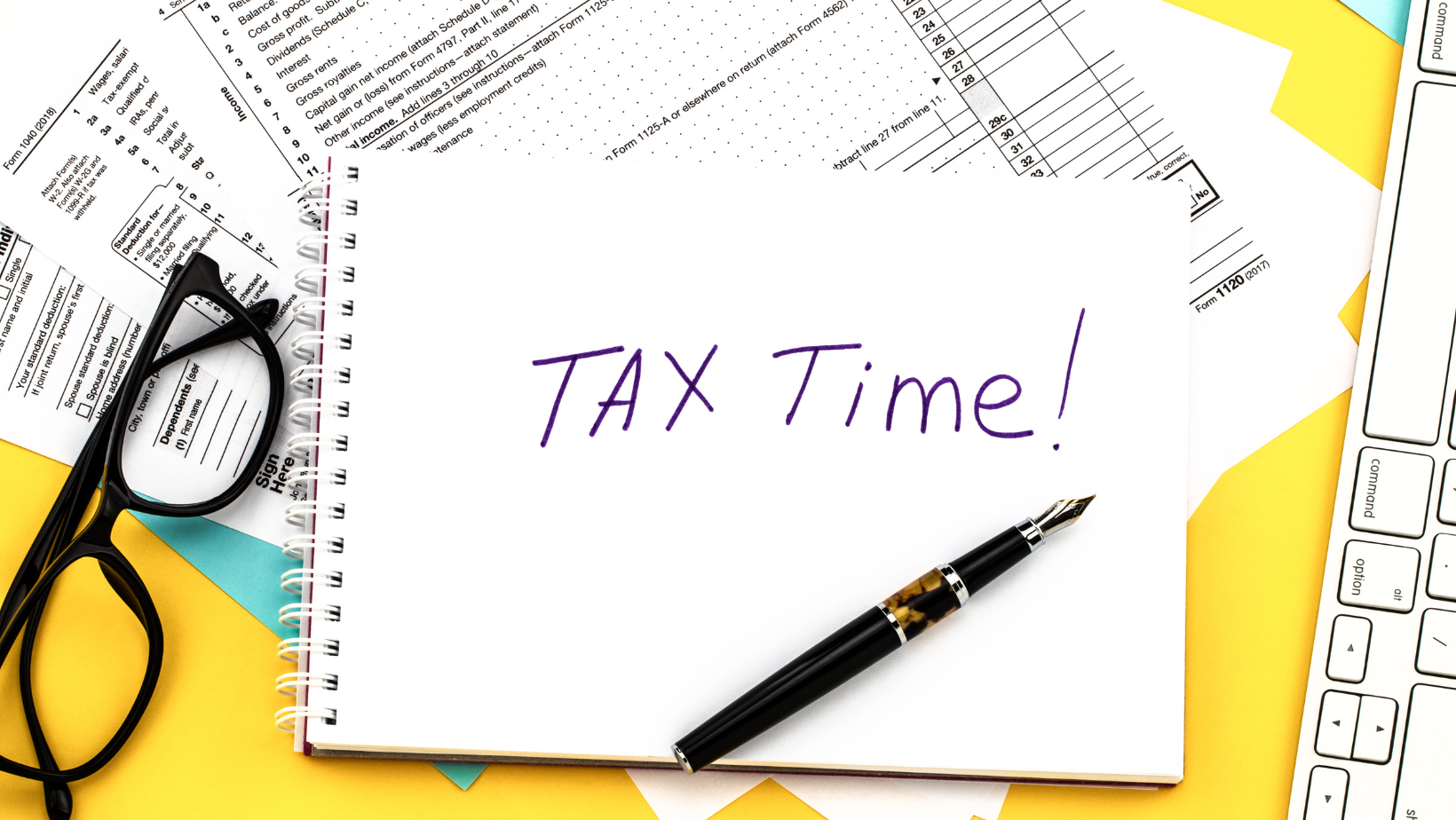With the April 15 filing deadline drawing near, the IRS urges taxpayers, primarily self-employed individuals, entrepreneurs, small businesses, and freelancers, to explore electronic payment options available on IRS.gov to avoid penalties and interest charges.
In the final segment of the Tax Time Guide series, the IRS underscores the importance of considering various methods to sidestep late filing and interest penalties. Recognizing the challenges many face in gathering necessary documents or paying owed taxes, the IRS offers accessible solutions through its online platforms.
Individuals and families earning $79,000 or less in 2023 can use IRS Free File on IRS.gov for electronic tax filing. Moreover, all taxpayers, irrespective of income, can benefit from IRS Free File to request a six-month extension, granting them until October 15, 2024, to file their returns while avoiding late filing penalties. However, it’s essential to note that any owed taxes must still be paid by the April 15 deadline.
For those unable to pay their total tax obligation by April 15, the IRS advises filing and paying what’s possible to minimize penalties and interest charges. Several electronic payment options, including Direct Pay, allow secure one-time payments directly from a bank account without fees or registration requirements, are available. The IRS2Go mobile app also offers convenient features like checking refund status and making payments.
Electronic Funds Withdrawal (EFW) enables taxpayers to file and pay electronically through tax preparation software or professionals. The Electronic Federal Tax Payment System and debit/credit card payments are other viable options, though associated processors may charge fees.
Notably, the IRS offers payment alternatives for those preferring non-electronic methods, such as cash payments at retail partners or check and money order payments made payable to the “United States Treasury.”
For taxpayers unable to pay in full, the IRS recommends exploring payment plans or loan options to settle outstanding balances. Online self-service payment plans, accessible through the Online Payment Agreement tool, allow individuals to set up short-term or long-term installment agreements based on their total tax liability.
Furthermore, the IRS provides additional payment options, such as an Offer in Compromise or temporary collection delay, for eligible taxpayers facing financial hardship.
By leveraging the array of electronic payment options and considering available payment plans, self-employed individuals, entrepreneurs, small businesses, and freelancers can navigate tax obligations efficiently while mitigating penalties and interest charges.
Source (IRS News).



